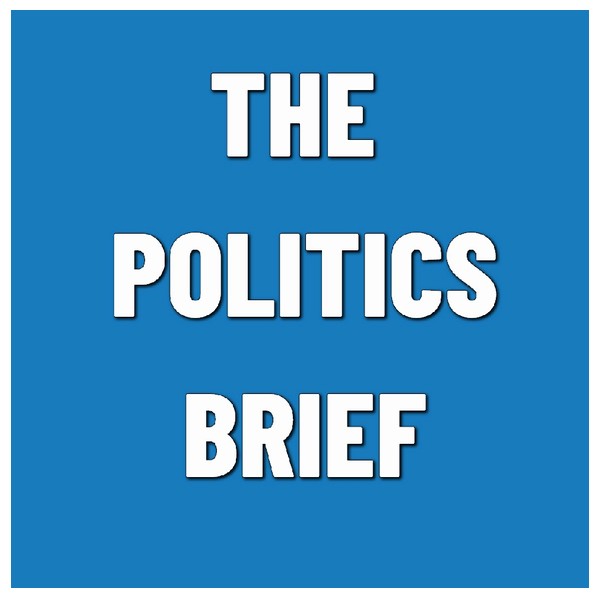During a transcribed interview with the House Judiciary Committee, an FBI official revealed that at least one senior agent, along with potentially others, who had alerted social media companies about a potential “hack and dump” operation before the 2020 election, were aware of the authenticity of Hunter Biden’s laptop.
As the House Judiciary Committee’s official Twitter account noted, “Testimony reveals the FBI knew the Hunter Biden laptop was authentic, but when asked by a social media company about the laptop’s authenticity the FBI said ‘no further comment’.”
The FBI official, Laura Dehmlow, participated in discussions between the FBI and Facebook prior to the social media platform’s decision to censor the story related to Hunter Biden’s laptop before the 2020 election. Furthermore, The Intercept has indicated that Dehmlow was also involved in the Biden administration’s endeavors to suppress and censor content on social media platforms in relation to misinformation.
🚨 BIG BREAKING NEWS 🚨
Testimony reveals the FBI knew the Hunter Biden laptop was authentic, but when asked by a social media company about the laptop’s authenticity the FBI said “no further comment.”
The rest is history. pic.twitter.com/LzjS5cSBS6
— House Judiciary GOP 🇺🇸 (@JudiciaryGOP) July 20, 2023
Dehmlow, the head of the FBI’s Foreign Influence Task Force (FITF), acknowledged that her former colleague Brad Benavides was certainly aware of the laptop’s legitimacy, as per excerpts of her testimony.
When asked by the committee about other individuals within FITF who knew about the laptop, Dehmlow replied that she did not have exact information, but she presumed that Brad Benavides, then-FITF Section Chief, was aware.
“Do you know who else at FITF knew that the laptop was real?” the committee asked, according to the transcript.
“I don’t actually. I would assume both my – yes, I would certainly say that [then-FITF Section Chief] Brad Benavides was aware,” Dehmlow replied.
“What about the individuals on the Russia unit?” the committee asked.
“I would assume the [Russia] unit chief was also aware. I’m pretty certain of that fact,” Dehmlow replied.
Dehmlow was accompanied by an attorney with the Department of Justice during the interview. The transcript excerpts note that the attorney jumped in to clarify if Dehmlow knew with “certainty” or if she was merely “making deductions.”
“I’m pretty certain they were aware,” Dehmlow said.
These transcript excerpts were included in a letter from Judiciary Chairman Jim Jordan (R-OH) to FBI Director Christopher Wray. In his letter, Jordan requested names and records related to those within the bureau who were aware of the laptop’s existence and had been communicating with social media companies before the 2020 presidential election.
The laptop gained significant attention when the New York Post published a story on October 14, 2020, revealing details about then-candidate Joe Biden’s involvement in his son’s business dealings based on the laptop’s contents. Social media platforms such as Twitter and Facebook limited the story’s reach to their vast user bases.
Simultaneously, behind the scenes, FITF and other federal government entities were engaging in routine meetings with social media companies, repeatedly cautioning them about a potential “hack and dump” operation. This information was highlighted in a recent court ruling from Louisiana, which addressed government censorship.
According to Jordan’s letter, after the FBI had convinced social media companies that the laptop was connected to a hack-and-dump operation, the bureau ceased sharing information, leading the companies to conclude that the New York Post’s story was part of Russian disinformation.
Dehmlow further stated during her testimony that she recollected a meeting or hearing about a meeting in which someone from Twitter asked about the laptop’s authenticity. One of the FBI participants on the call confirmed that it was indeed genuine before another participant interjected with “no further comment.”
Dehmlow’s testimony supports the claims made by IRS supervisory special agent Gary Shapely, who testified before the House Ways and Means Committee in May. Shapely revealed that the FBI had become aware of the laptop’s existence in October 2019, stating, “The FBI became aware that a repair shop had a laptop allegedly belonging to Hunter Biden and that the laptop might contain evidence of a crime.”






